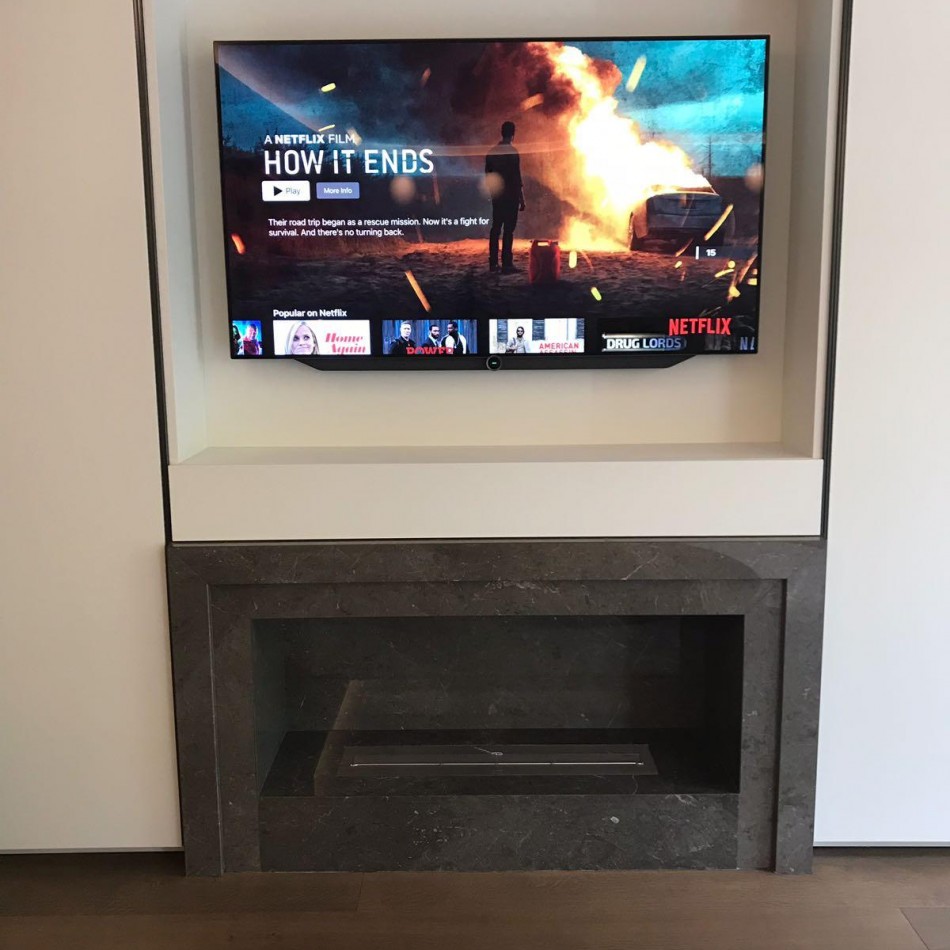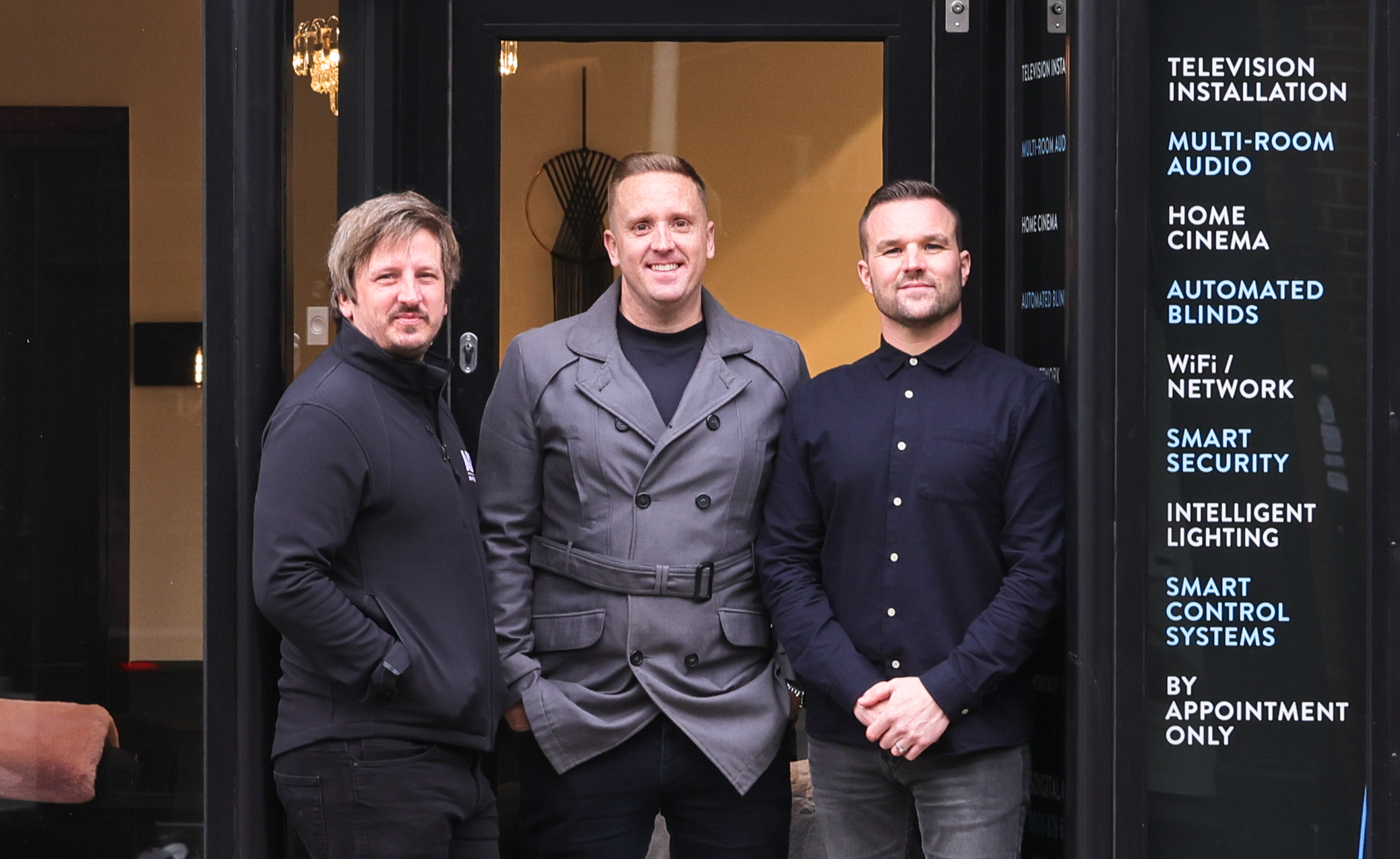Are you wondering what is the best coax cable for satellite TV? As your expert audio visual installers, we know a thing or two when it comes to the equipment you should invest in to have the best TV experience. That’s why we’ve created a guide to the best coax cable for TVs.
Are you wondering what is the best coax cable for satellite TV? As your expert audio visual installers, we know a thing or two when it comes to the equipment you should invest in to have the best TV experience. That’s why we’ve created a guide to the best coax cable for TVs.
Firstly, let’s start by addressing what is a coaxial cable. A coaxial cable or coax cable transmits radio frequencies from one point to another to convey data, video and voice communications.
There different types of coaxial cables available distinguishable by the cable thickness and impedance. The three most common coax cable sizes are:
- RG-6
- RG-11
- RG-59
The RG-6 cable is also known as a 75 Ohm coaxial cable which should be used for home TV aerial and satellite systems.
A coax cable is typically constructed of 5 main parts
- Centre conductor
- Inner dielectric insulator
- Woven copper shield
- Outer plastic sheath
- The connectors
As we are concentrating on the best coaxial cables for TV, then we only need to look at a couple of types.
What factors should you consider when choosing a coaxial cable?
The first thing you should think about is what job is the cable going to do? Are you looking to connect your tv to a traditional aerial socket or are you looking at connecting an HDMI output from a digital tv service to your television?
The centre conductor
This is the material that runs through the middle of the cable and is responsible for transmitting the data. If price is a factor then you can find cheaper cables that use steel or other materials. However, the centre that you are looking for should be made from copper.
The Inner dielectric insulator
This part of the coaxial cable is used to ensure the centre core doesn’t come into contact with the copper shield. If this were to happen it would cause a short circuit. If your cable was compromised in this way you would experience a lack of signal. It is one of the reasons why you have to ensure you are careful when installing the cable and try to avoid unnecessary bends or pressure on it.
The inner dielectric insulator is generally made of plastic or foam-filled plastic.
The Woven Copper Shield
Generally made of braided copper wire, this part of the coaxial cable has a number of jobs. One of which is to help create the electrical circuit in order for the signal to be transmitted. The other job is to act as a shield. Both from external sources interfering with the signal and to stop leakage from the cable. It is possible to get different variations on shield types. For example, a double shield might consist of a foil shield as well as the braided copper element or you could even go for a double braided cable. Each extra shield can bring greater efficiencies in signal transmission, however as you can imagine, the cost increases too.
Outer plastic sheath
This part tends to be made of PVC and is used to house all the other elements together. In some situations, the cable will have to go outside and the sheath can be designed to be better protected against sunlight, oxidation or even against rodent damage.
The connectors
The final part of the coaxial cable is the connector. There is a huge array of different types of connector. However, the one that we will be using is the F-Type. They will be either male or female depending on the equipment you are connecting to.
Where is your coaxial cable going?
Where you are installing your cable makes a difference in your selection too. The RG-6 will be more than sufficient for most home installations. But if you are looking to run a long way or maybe to a garden room then you will have to consider a sturdier variety.
If you’d prefer one of our experts to help you install your TV or satellite system, give us a call on 0800 876 62525 or contact us online.


